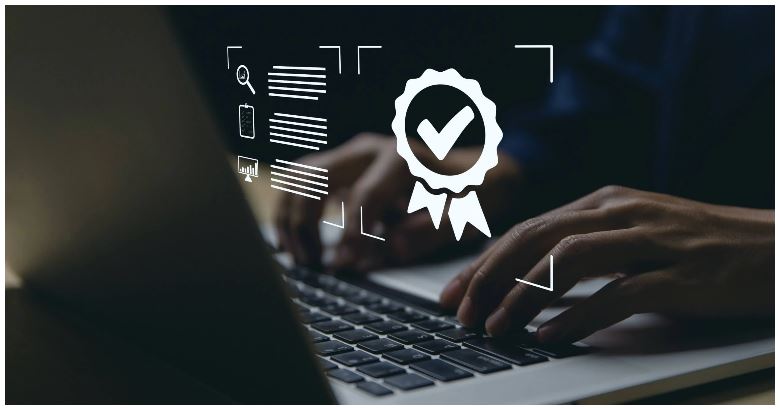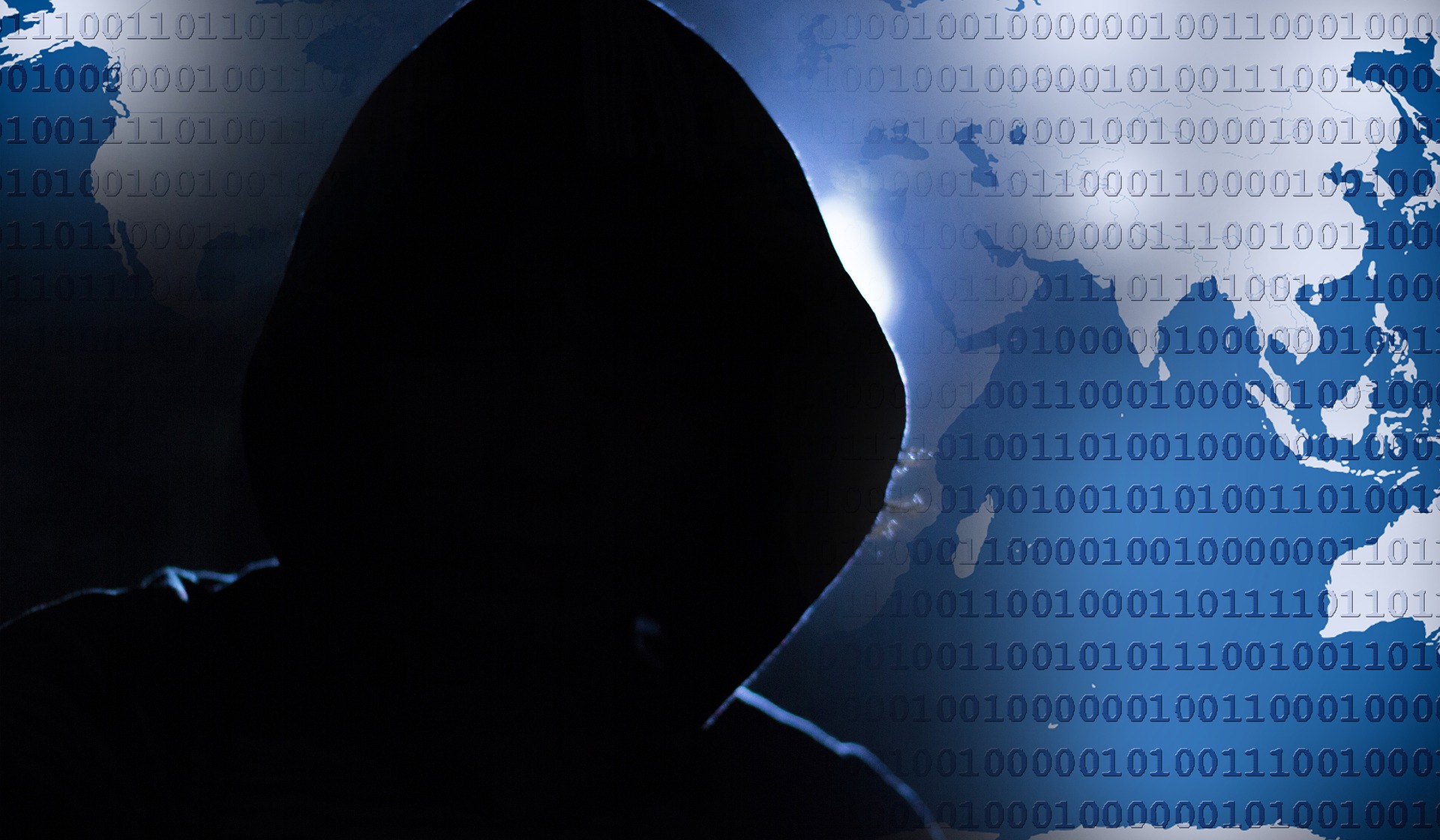Zambia’s status on cyber security
Zambia has slightly over 9 million connected devices as at December 2022. This indicates a rise in internet users on a daily basis which directly spikes cybercrime more than 50% of the users have less or no knowledge of cyber-crime.
Zambia’s rating on the cyber security index is moderately impressive. The International Telecommunication Union (ITU) and Global Cyber security Index (GCI) that measures the commitment of countries to cyber security in 2020 rated Zambia’s progression at 68.88 per cent from 14.7 per cent in 2014. This case as at 2022 has since been purged at 75%.
From January – December, 2022, the Zambia Computer Incidence Response Team (ZM-CIRT) recorded a cumulative number of attacks amounting to 10,718,002. The cyber threats recorded in 2022 included: mobile money reversal scams transmitted as phishing links, social media account hijacking, fake social media accounts, online harassment, fake online product promotions and Ponzi investment schemes.
In order to counter the increase in cyber-attacks, which are happening on a daily basis, government says there is need to invest in cyber security infrastructure in the country and expand cyber security awareness coverage in Zambia.
According to a statement issued by the Minister of Technology and Science On 29th March, currently Zambia stands at number 99 out of the 187 countries where cyber-crimes are high. This status is worrisome for the country. There is also a concern in the number of cases recorded by the authorities which means there are a lot more unrecorded cyber-crime cases than the ones recorded.
The Legal and Policy framework
In Zambia the ICT policy is revised every 5 years to accommodate updated inputs and modifications. In 2022, ZCSIF joined other key stakeholders at a meeting to revise the ICT policy. The final copy of the revised policy is yet to be shared with the stakeholders. The ruling political party in Zambia succumbed to pressure from civil society to repeal the draconian and controversial Cyber Security Act no 2 of 2021 which was enacted hurriedly by the past regime without following a multistakeholder engagement process as it should be. This act was received with mixed feeling the media fraternity and the human rights advocates who felt it was more of a suppression tool for those opposing the views of the ruling party. However, the CSOs in Zambia are yet to be enlightened by the government with regards the progress of the process to amend this act. CSOs have recently expressed worry as to could be the cause for the government’s delay, a cry which has landed on the deaf ears of the government. The final copy of the repealed act is what every stakeholder awaits to be passed. The date is not yet known.
On 23rd December 2022, President Hakainde Hichilema assented to the Penal Code (Amendment) Bill No 25 of 2022 which repeals section 69 of the Penal Code and effectively abolishes the crime of defaming the President. This came after pressure from media who opposition political parties who were at the receiving end of the wrath of this section with arrests and charges. However, the abolishment of this section did not hold water as the government has switched to using related sections from other laws and subjecting the media and opposition voices unfair arrests and suppression of their views.
Lately the many opposition voices and media practitioners who have been arrested have been charged with hate speech according to the section 65 of the Cyber Security and Cyber Crime Act No.2 of 2021. This is despite the President’s commitment to uphold rule of law and promote media freedoms and human rights made during his address at the 2021 Summit for Democracy.
Here are just handpicked cases among many:
- In January 2023 Chilufya Tayali, aged 48, and Christopher Kapita, aged 54, were arrested for alleged offenses of Hate Speech which is contrary to Section 65 of the Cyber Security and Cyber Crime Act No.2 of 2021 and Giving False Information to a Public Officer which is contrary to Section 125 of the Penal Code, Chapter 87 of the Laws of Zambia, respectively.
- Other incidences where the law was used to suppress the opposition are when Police charged and arrested former Chief Government Spokesperosn and Minister of Information and Broadcasting Chishimba Kambwili aged 54 of Woodlands area in Lusaka on January 26th ,2023 for the offence of Unlawful Assembly contrary to section 74 read together with section 75 of the Penal Code Chapter 87 of the Laws of Zambia and the arrest of Charles Kakula who was in police custody facing same offence.
ZAMBIAN CYBER SECURITY INITIATIVE FOUNDATION:
The Zambian Cyber Security Initiative Foundation (ZCSIF) alongside other CSOs in Zambia has been a key partner in the drafting of the Access to Information Law (ATI) and ensuring that the government is held accountable for their actions, promises and duties towards ensuring citizens experience and enjoy digital rights and freedoms in Zambia. Other cyber laws include:
1. Cyber Security and Cyber Crimes Act, No.2 of 2021 which provides for cyber security including protecting persons and Critical Information Infrastructure (CII) against cybercrime.
2. The Electronic Communications and Transactions Act No.4 of 2021 which provides a safe and effective environment for electronic transactions.
3. The Data Protection Act No. 3 of 2021 which provides an effective system for the protection and regulation ofpersonal data.
4. The National Cyber Security Policy of 2021 whose overall objective is totransform the cyberspace into a safer environment in order to fully realizethe social and economic benefits ofICTs.






